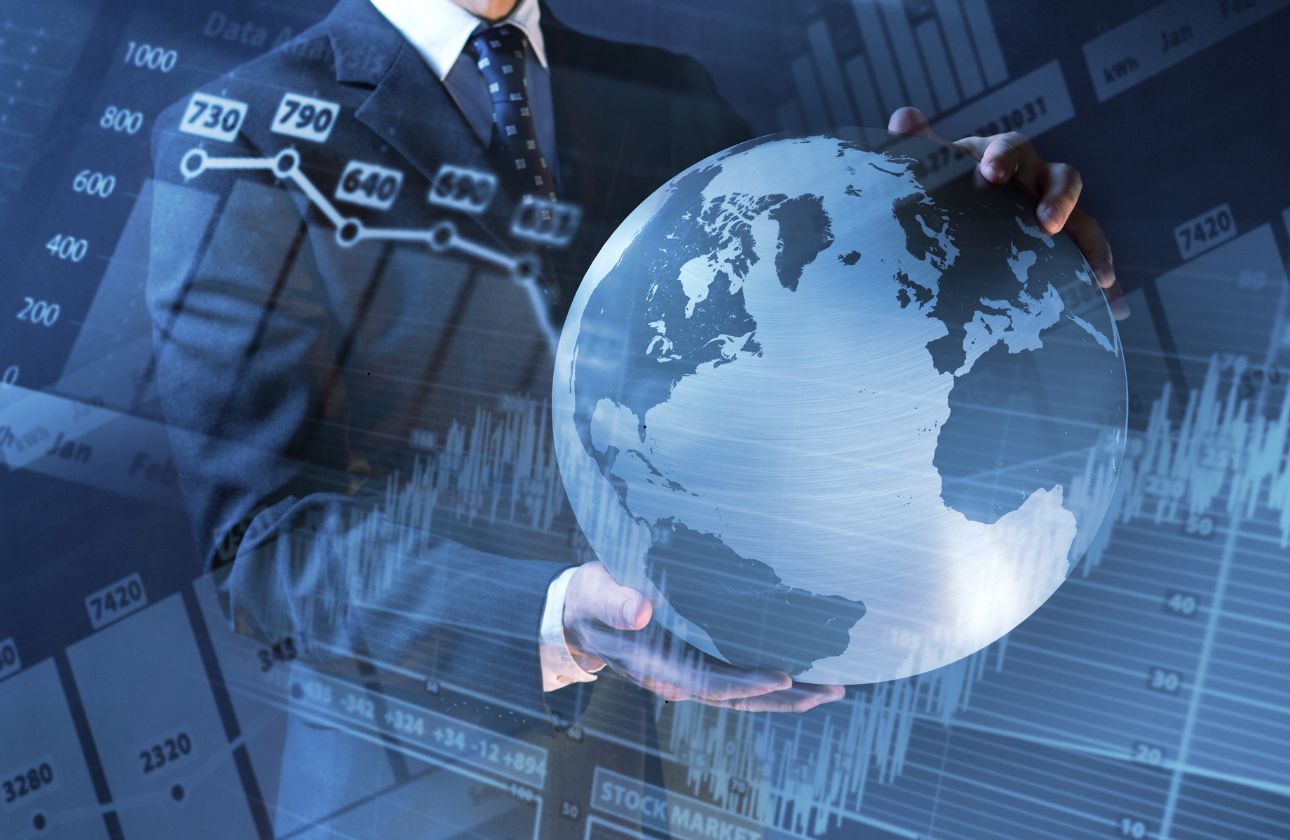Global Economy
The global economy stands at a crossroads, influenced by a myriad of factors ranging from technological innovations to geopolitical shifts. Understanding these emerging trends is crucial for businesses, investors, and policymakers alike, as they navigate the complexities of an ever-evolving economic landscape.
Key Trends Reshaping the Global Economy
- Digital Transformation: The rapid advancement of technology, particularly in artificial intelligence and automation, is transforming industries. Businesses are leveraging data analytics to gain insights, improve efficiency, and tailor their offerings to meet consumer demand.
- Shift in Consumer Behavior: The pandemic has permanently altered consumer habits, with an increased emphasis on online shopping and sustainable practices. Companies that adapt to these changes will thrive in the competitive market.
- Global Supply Chain Disruptions: Recent events have exposed vulnerabilities within the global supply chain. As companies rethink their sourcing strategies, there will be a rise in localized production and diversification of suppliers to mitigate risks.
- Focus on Sustainability: As climate change concerns grow, businesses and consumers alike are prioritizing sustainability. Investments in green technologies and sustainable practices are becoming essential for long-term viability.
- Geopolitical Tensions: Trade policies and international relations significantly impact the global economy. Businesses must stay attuned to these shifts as they can affect market access and operational costs.
Predictions for the Future
Looking ahead, several predictions can be made about the global economy. First, we can expect a continued acceleration of digital transformation across all sectors, with companies investing more in technologies that enhance productivity. Additionally, the importance of sustainability will only increase, resulting in stricter regulations and greater consumer demand for eco-friendly products.
Moreover, as remote work becomes more prevalent, we may see a decentralization of economic power, with emerging markets gaining prominence as remote workers access global job opportunities. Finally, geopolitical dynamics will continue to shape trade relations and economic policies, necessitating agility and adaptability from businesses.
The future of the global economy will be shaped by various interconnected trends and events. Stakeholders must remain vigilant, adaptable, and forward-thinking to navigate the intricate web of challenges and opportunities that lie ahead.




Comments (0)